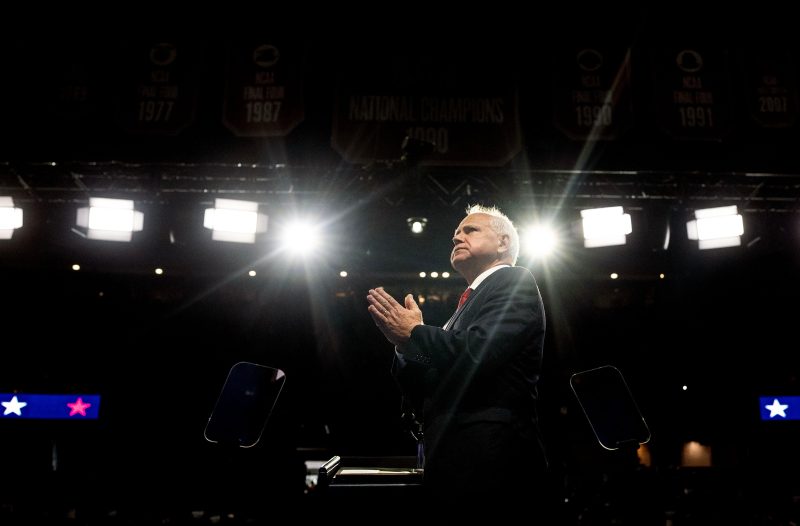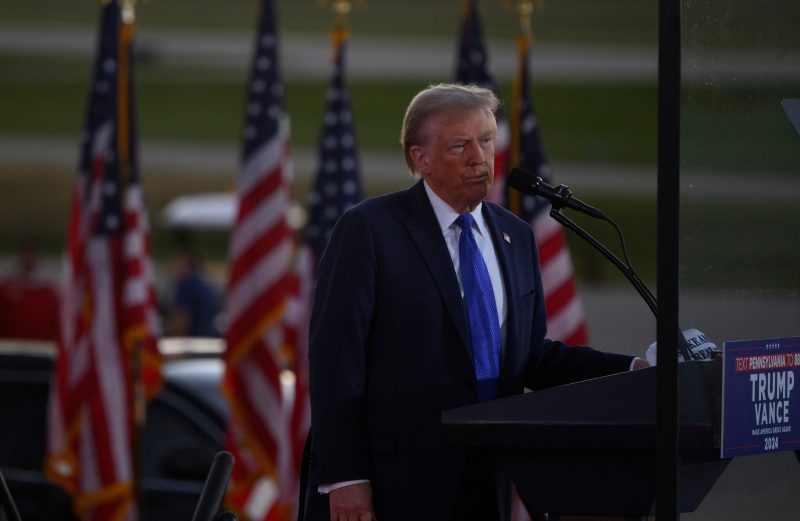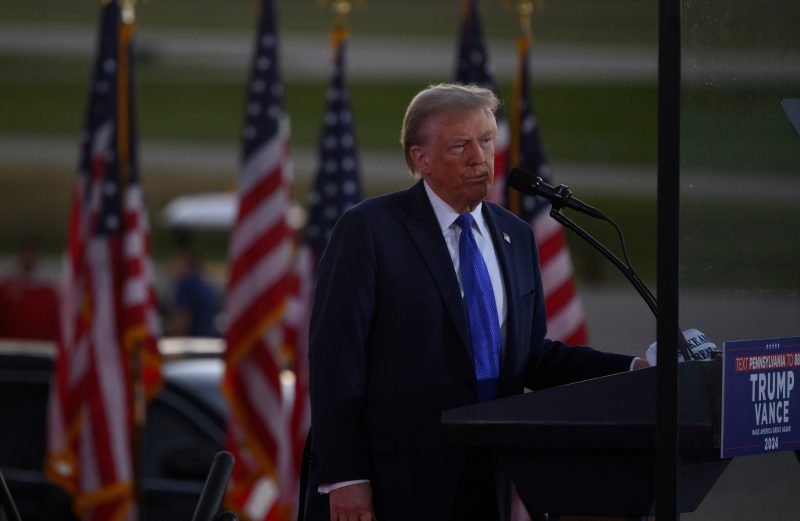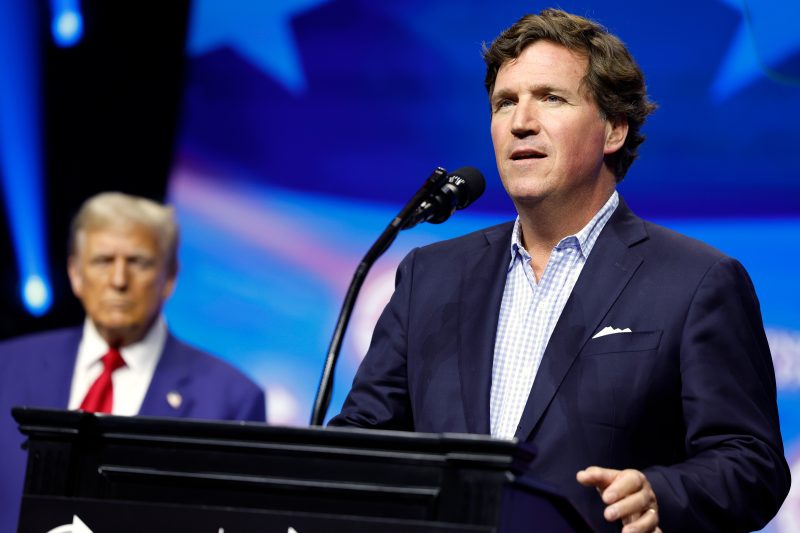
House Republicans launch probe into Tim Walz’s relationship to China
House Republicans on Friday launched an investigation into Minnesota Gov. Tim Walz’s connections to China, turning their scrutiny from President Joe Biden to Vice President Kamala Harris’s running mate after the sudden change in the 2024 Democratic ticket last month.
In a letter to FBI Director Christopher A. Wray, House Oversight and Accountability Committee Chairman Rep. James Comer (R-Ky.) wrote that Walz (D) had “concerning ties” to China, citing the governor’s dozens of trips to the country, and requested a trove of documents and information related to Chinese entities that Walz has engaged with.
“Americans should be deeply concerned that Governor Walz, Kamala Harris’s vice-presidential running mate, has a long-standing and cozy relationship with China,” Comer said in a statement. “Mr. Walz has visited China dozens of times, served as a fellow at a Chinese institution that maintains a devotion to the CCP, and spoke alongside the President of a Chinese organization the State Department exposed as a CCP effort to influence and co-opt local leaders.”
Walz first went to China in 1989 as part of a teach-abroad program run by Harvard University, and he taught English and American history for one year. Later on with his wife, Gwen, Walz established Educational Travel Adventures, which coordinated trips to China.
In the years since, during his time in elected office, Walz has served on the Congressional-Executive Commission on China, and spearheaded legislation that censured the country’s human rights record. He has been critical of the Chinese government’s actions for most of his time in public office.
But since Walz’s selection as Harris’s running mate this month, Republicans and Trump allies have taken up Walz’s relationship with China as a line of attack, alongside questioning his military service and criticizing his legislative efforts as Minnesota’s governor.
Comer’s pivot to the new Democratic ticket comes after a 19-month GOP-led investigation into Biden alleging that members of the Biden family capitalized financially on their father’s name. But the investigation quietly sputtered out after no evidence or testimony obtained by congressional Republicans showed that the president was a direct participant in or beneficiary of his family’s business dealings. House Republicans’ report on the findings of their failed bid to impeach Biden has yet to be released. Comer himself also promised multiple criminal referrals against Biden that never materialized.
With less than three months until the election, Comer and House Republicans are now scrambling to refocus the majority’s investigative powers on Harris and Walz.
Last week, Comer announced an investigation into Harris’s work on immigration at the U.S.-Mexico border, misrepresenting her as Biden’s “border czar” as Republicans seek to tie her to the surge in migrants at the border. Harris, however, was never tasked with border enforcement; in 2021, Biden tapped her to address the “root causes” of migration from Guatemala, Honduras and El Salvador to the United States.
Now, Republicans have put a magnifying glass over Walz’s work-related engagements history with China, suggesting that he will be soft on Beijing.
Teddy Tschann, a spokesperson for Walz, said in a statement Friday that Walz,along with Harris, would “ensure we win the competition with China, and will always stand up for our values and interests in the face of China’s threats.”
“Republicans are twisting basic facts and desperately lying to distract from the Trump-Vance agenda: praising dictators, and sending American jobs to China,” Tschann said.
In interviews with The Washington Post this month, analysts were ambivalent about whether Walz would help stabilize U.S.-China relations if he were elected vice president. But, they added that his previous relationship with the country is unlikely to further spoil the connection between the two governments, noting that he is one of multiple American officials who have been critical in the same manner.
Rebecca Tan and Vic Chiang contributed to this report.



